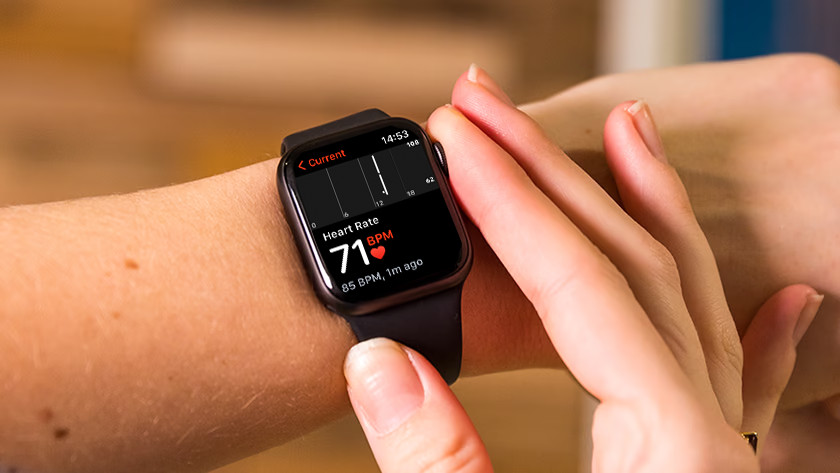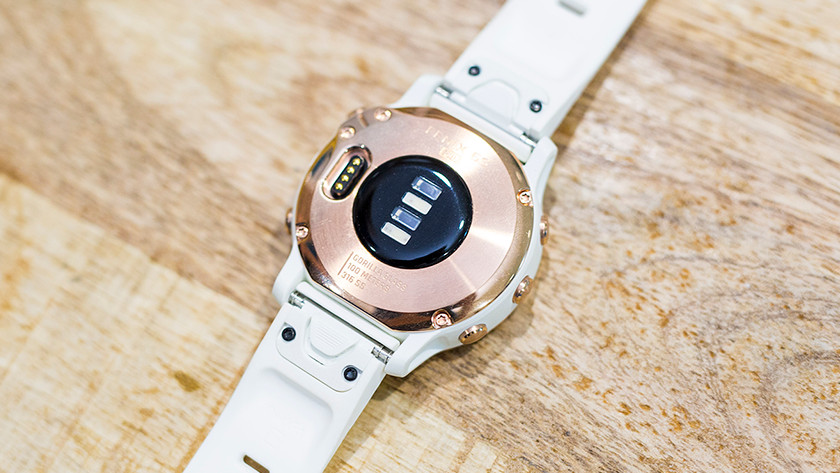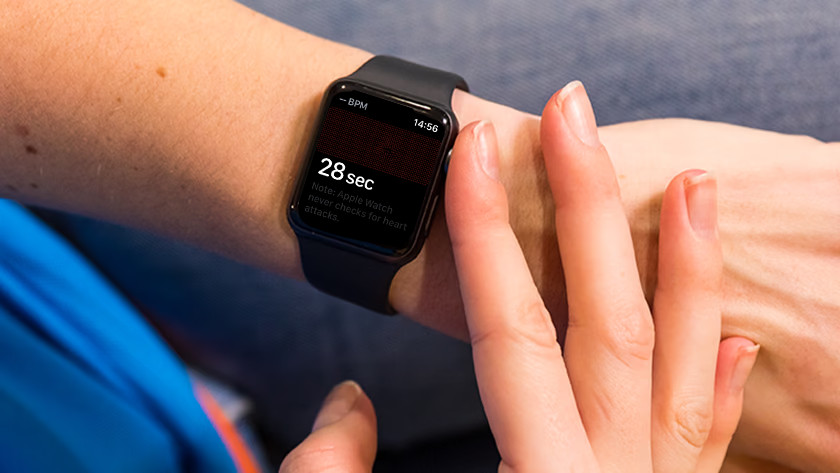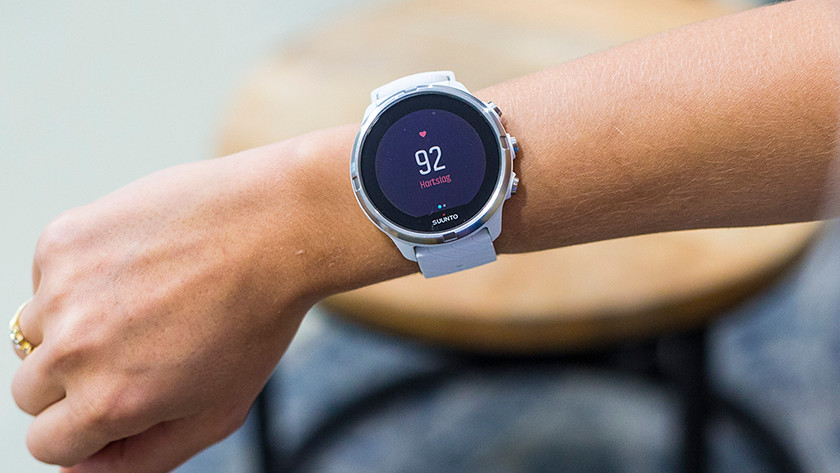
What's the difference between an ECG and an optical heart rate monitor?
How it works

ECG heart rate measurement: electrical signals
An electrical heart rate sensor, also called an ECG, measures your heart rate by measuring electrical signals in your blood. Based on these electrical signals, an ECG heart rate monitor measures the timing and strength of your heart rate. An ECG heart rate monitor is more accurate than an optical heart rate monitor. More and more smartwatches are equipped with an ECG heart rate monitor.

Optical heart rate measurement: readings by green light
Almost every smartwatch has an optical heart rate monitor. This monitor works with green LED lights. The green lights are on the bottom of the watch and flash very quickly. The green light reflects on the blood and measures how fast your blood flows through your veins and how fast your heart is beating. When your heart is beating, the lights detect more blood than when the heart isn't beating. Optical heart rate sensors are less accurate than optical heart rate monitors.
How it benefits you

ECG heart rate measurement: make accurate cardiograms
Smartwatches with an ECG heart rate sensor often also have an optical heart rate monitor. The big advantage of an ECG sensor is that it monitors your heart rate even more accurately. With an ECG sensor, you can make cardiograms that show you whether your heart rate is calm or irregular. If the sensor detects an irregular heart rate, it will send you a notification. This way, you have enough time to take action, for example by going to the doctor. In addition, you also have the advantages of a regular optical heart rate sensor.

Optical heart rate measurement: measure heart rate during workouts
Optical heart rate sensors are especially useful during exercise. They tell you how your heart rate develops during a workout, but also give recovery advice. Some smartwatches offer the possibility to train in heart rate zones. This way, you know exactly when to slow down or take an extra step during a workout to maintain the right heart rate.
Conclusion
Although most smartwatches have an optical heart rate monitor, smartwatches with ECG sensors have great advantages. With an ECG smartwatch on your wrist, you know that your heart is always being monitored. Did the watch measure an irregular heart rate? You'll get a notification right away. Optical heart rate monitors are less accurate, but useful for workouts and everyday activities.


